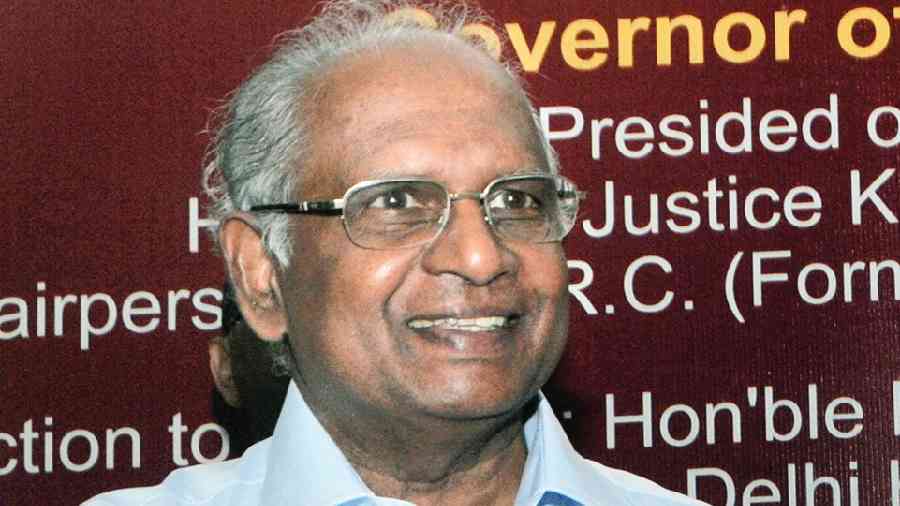The Centre has appointed a commission headed by former Chief Justice of India K.G. Balakrishnan to examine the matter of giving Scheduled Caste status to those who claim to “historically” have belonged to the Scheduled Castes but have converted to a religion other than those mentioned in the presidential orders.
The Constitution (Scheduled Castes) Order, 1950, which has been amended from time to time, says that no person professing a religion other than Hinduism or Sikhism or Buddhism can be deemed to be a member of a Scheduled Caste.
However, Muslim, and Christian groups have often demanded similar status for Dalits who have converted to their religions. The BJP has been opposed to their demand.
The three-member panel includes retired IAS officer Ravinder Kumar Jain and UGC member Sushma Yadav, according to a gazette notification issued by the social justice and empowerment ministry on Thursday.
The panel will also examine the implications of any decision to extend the status -– if it comes to be -– on the existing Scheduled Castes, besides taking into account the changes in customs, traditions and their status of social discrimination and deprivation after conversion to other religions.
The commission will look into any other related questions that it deems appropriate in consultation with the Centre and with its consent.
Justice Balakrishnan is the Supreme Court's first Dalit Chief Justice. He was also the chairperson of the National Human Rights Commission of India.
In the notification, the ministry said the issue is a “seminal and historically complex sociological and constitutional question”, and a definite matter of public importance.
“…Given its importance, sensitivity and potential impact, any change in definition in this regard should be on the basis of a detailed and definitive study and extensive consultation with all stakeholders”, and no commission under the Commissions of Inquiry Act, 1952, has so far inquired into the matter, the notification said.
The headquarters of the commission will be in New Delhi and it will submit its report within two years from the date of the chairperson taking charge, the notification said.











